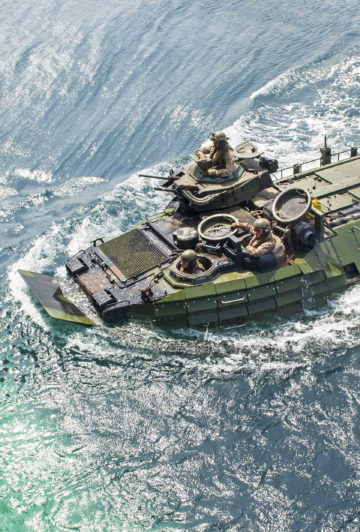
Why Is the World So Unsettled? The End of the Post-Cold War Era and the Crisis of Global Order
Eric S. Edelman
CSBA | 2017
U.S. foreign policy is likely to be wracked by crises in the coming years. Yet crises are often symptoms of deeper structural transformations, and the fundamental fact of international politics today is that the post-Cold War era has reached its end. That period was defined by uncontested U.S. and Western primacy, a marked decline in ideological struggle and great-power conflict, and a historically remarkable degree of global cooperation in addressing international disorder. Today, however, the international system has reverted to a more contested state. The core characteristics of the emerging era are the gradual but unmistakable erosion of U.S. and Western primacy, the return of sharp great-power competition across all three key regions of Eurasia, the revival of global ideological struggle, and the empowerment of the agents of international strife and disorder. Moreover, the impact of these forces is magnified by growing uncertainty about whether the traditional defenders of the post-Cold War system will be able and willing to play that role in the future. Dealing with the dangers and dilemmas posed by the new global politics will be a generational task. Yet understanding the basic nature of the age is the critical first step.
Image courtesy of the Department of Defense